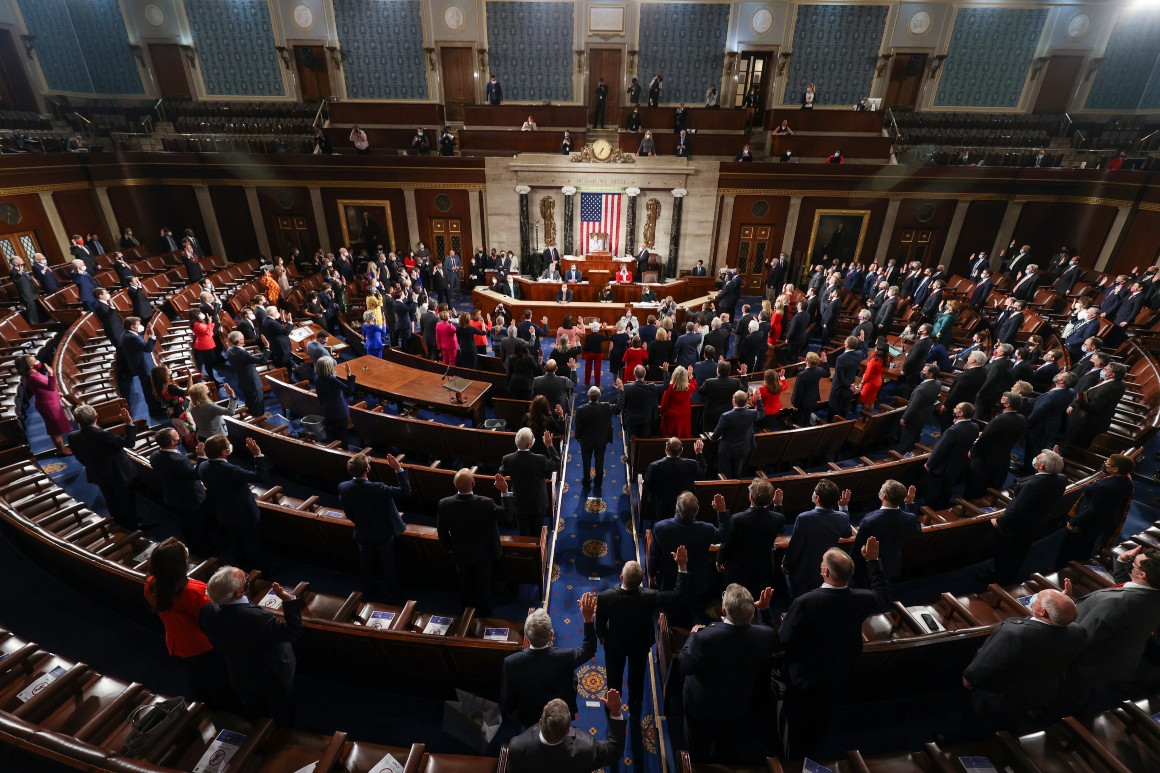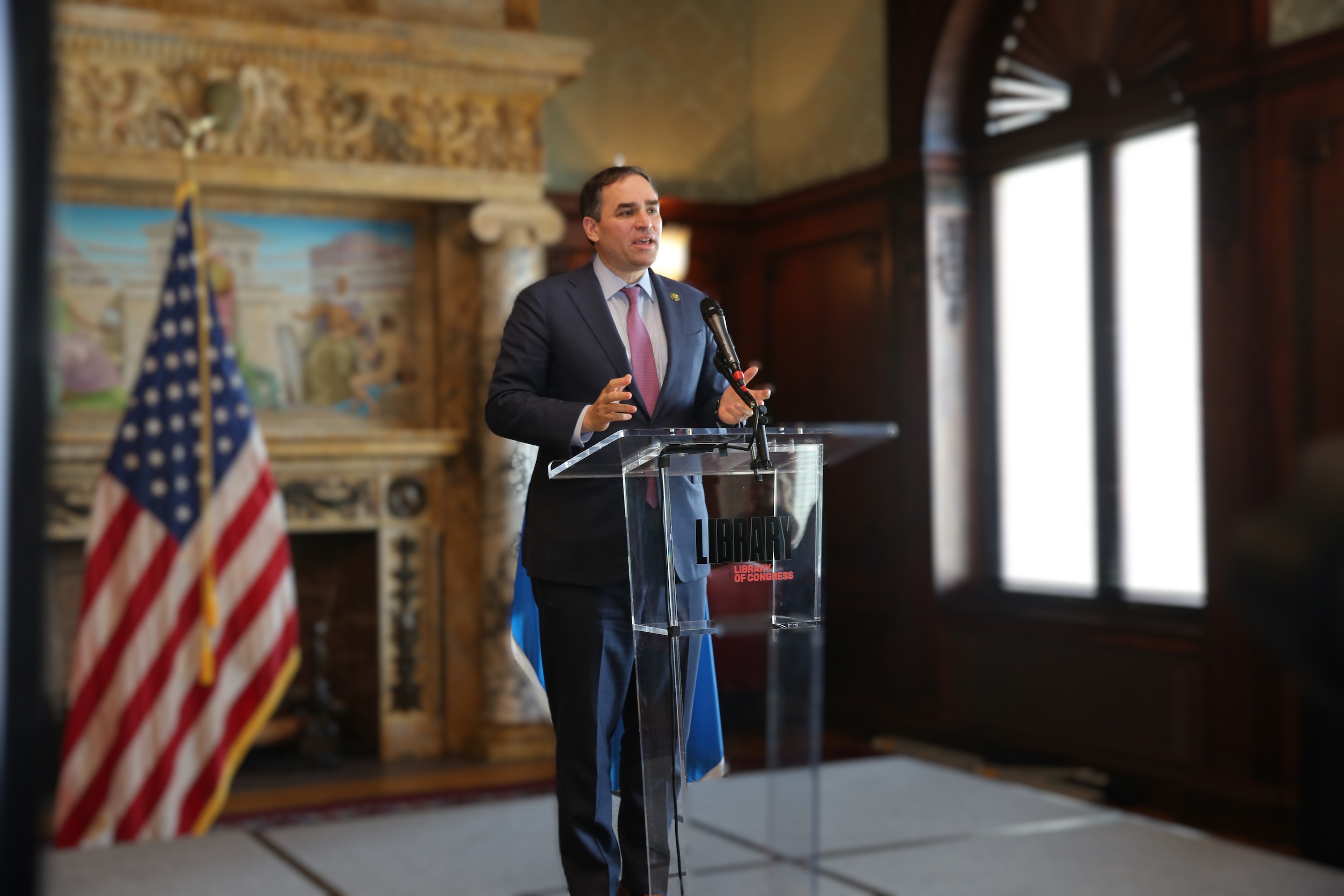
More US Congress members have signed up to back a landmark resolution, calling on the United States to work towards an independence referendum for Eelam Tamils and recognize the genocide committed against them by the Sri Lankan state.
Two more US representatives, namely Gabe Vasquez and J. Hillary Scholten backed the resolution this week, taking the current number of co-sponsors to ten.
The resolution, introduced by Representative Wiley Nickel, is the first of its kind to be brought to the US Congress. It came as Tamils marked 15 years since the Mullivaikkal genocide this week, with May 18 commemorated as Tamil Genocide Remembrance Day worldwide.
The resolution calls for the “nonrecurrence of past violence, including the Tamil Genocide, by supporting the right to self-determination of Eelam Tamil people and their call for an independence referendum for a lasting peaceful resolution”. More details of the full resolution can be found here.
(1) urges the United States to strengthen diplomatic channels with the Eelam Tamils and collaborate toward peace and stability in the South Asian region of the Indo-Pacific;
(2) urges the United States and the international community to advocate for and protect the political rights of the Eelam Tamil people and work toward a permanent political solution based on their right to self-determination that is democratically and peacefully approved by them through a universally accepted process of independence referendum; and
(3) recognizes the genocide against the Eelam Tamil people by Sri Lanka.
Speaking in Washington D.C. last month, US House Representative Wiley Nickel said the resolution commemorates that loss, but also aims to protect the Tamil people from “future violence and discrimination”.
“My resolution recognises the genocide in Sri Lanka and affirms the right of Tamils to self-determination through a democratic process,” continued Nickel. “The resolution emphasises the need for a peaceful and democratic solution to ongoing tensions in Sri Lanka. It advocates for an independence referendum.”
Such an approach had been used successfully to solve similar conflicts in other parts of the world, added Nickel.
“As we remember the end of a dark chapter in Sri Lanka’s history, we should also look to the future,” he continued. “A future in which the rights and dignity of all people are upheld and respected. We can do this. Let's stand together and advocate for a peaceful democratic solution that respects the Tamil people's right to decide their own future.”




